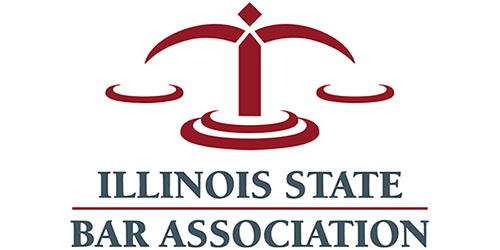FAQs
Estate Planning
What is Estate Planning?
Estate planning is thr process of creating an estate plan, providing you with alternatives to Probate. It allows you to consider and create legal, effective arrangements that will meet your specific wishes if something happens to you or those you care about. On the financial side, a good estate plan coordinates what is to happen with your home, your investments, your business, your life insurance, your employee benefits (such as a 401K plan), and other property in the event you become disabled or pass on. On the personal side, a good estate plan typically minimizes potential taxes and fees, and can include contingency plans on your wishes regarding health care matters; so, in the event that you are unable to give these directions yourself, someone you select can manage your requests for you.
What is the difference between a Will and a Trust?
A will and a trust are similar in that both let you designate exactly how you want your assets and other personal property to be distributed to your friends, family, and other loved ones after you die. A will must be filed in the probate court, but a trust is administered outside of the probate court. This can save the family thousands of dollars in legal fees and court costs.
When should I start my Estate Plan?
We say the sooner the better. The only time that you can prepare and implement an estate plan is (as one would deduce) while you are alive and have the legal capacity to enter into a contract. If you are unable to manage your own affairs before then, or suffer from some a disability that affects your legal capacity, your estate plan may be effectively challenged by those who assert that 1) you lacked capacity at the time the documents were created, or 2) that you were subjected to fraud, coercion, or undue influence during the creation and implementation of your plan.
How to find an estate planning attorney in Tampa, FL?
Your strategy for finding an estate planning attorney in the greater metropolitan Tampa area can take many forms. For instance, an online search will highlight those in your area, and you can use this as a springboard to begin your research. Make sure that the attorneys you are considering are experienced with a demonstrated track record, and consider scheduling consultations with a few to find the right fit. You can ask for references from past clients, or read reviews and testimonials before making your decision.
How to select an estate planning attorney in Tampa, FL?
When selecting an estate planning attorney, it is important to research the attorney’s qualifications, experience, and specialty. It is a great idea to have a list of questions ready so that you can assess whether each candidate has the specialty to handle your specific situation. During your meeting, you can also determine whether or not you feel comfortable with the attorney, as this will make a difference to your experience.
What questions to ask for a will and trust attorney in Tampa, FL?
There are many questions you can ask a wills and trust attorney in order to determine if they are a good fit. For instance, questions about their experience, specifically whether or not they have dealt with your unique situation, can help you decide if they can help you. You should ask about documents required to create a will or trust, and how they can help you to reduce taxes.
Personal Injury
Why do I need a Personal Injury attorney?
When a person or family has been psychologically or physically injured due to misdeeds or carelessness of other persons or entities, vehicle accidents, falls, intentional acts, or wrongful death, for example, your attorney will render assistance to you in seeking justice and fair compensation for your loss of income, pain, and suffering, property damage, uncovered medical expenses, and otherwise.
Usually, an insurance company represents the party having caused your losses. Keep in mind that its object is to compensate you as little as possible. Anything you say to an insurance adjuster could later be used against you, and for that reason, you should make absolutely no statements without your attorney’s advice.






